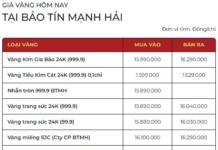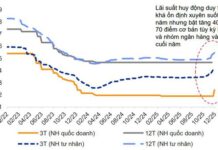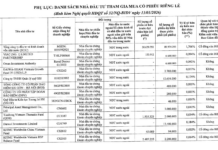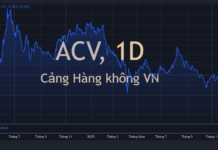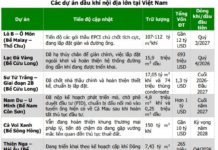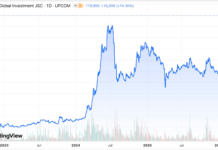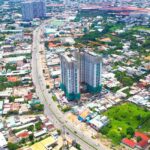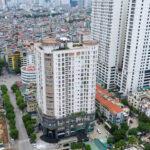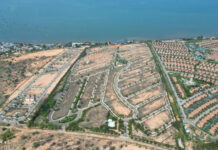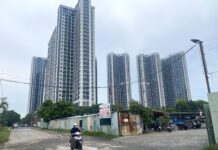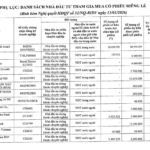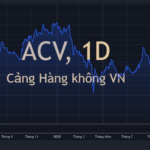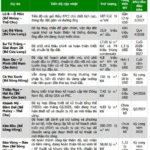Prices Remain High
According to a report by the Ministry of Construction, apartment prices in Hanoi and Ho Chi Minh City remained elevated during the first nine months of 2025, showing an upward trend compared to the same period last year.
In Hanoi, the average primary market price reached 70–80 million VND/m², a 5.6% increase from the beginning of the year and a 33% rise compared to 2024. Luxury projects recorded even higher prices, ranging from 150 to 300 million VND/m². Meanwhile, in Ho Chi Minh City, the average primary market price stabilized at around 75 million VND/m² since the start of the year but surged by 36% year-over-year. Premium projects in the city started at 150 million VND/m² and above.
Not only apartment prices but also those of townhouses and villas in both cities saw significant increases. In Hanoi, townhouses and villas typically ranged from 100 to 200 million VND/m². Some high-end projects in prime locations exceeded 300 million VND/m². In Ho Chi Minh City, primary market prices fluctuated between 230 and 300 million VND/m², depending on location and project. Premium properties in central areas or well-developed urban zones surpassed 300 million VND/m².
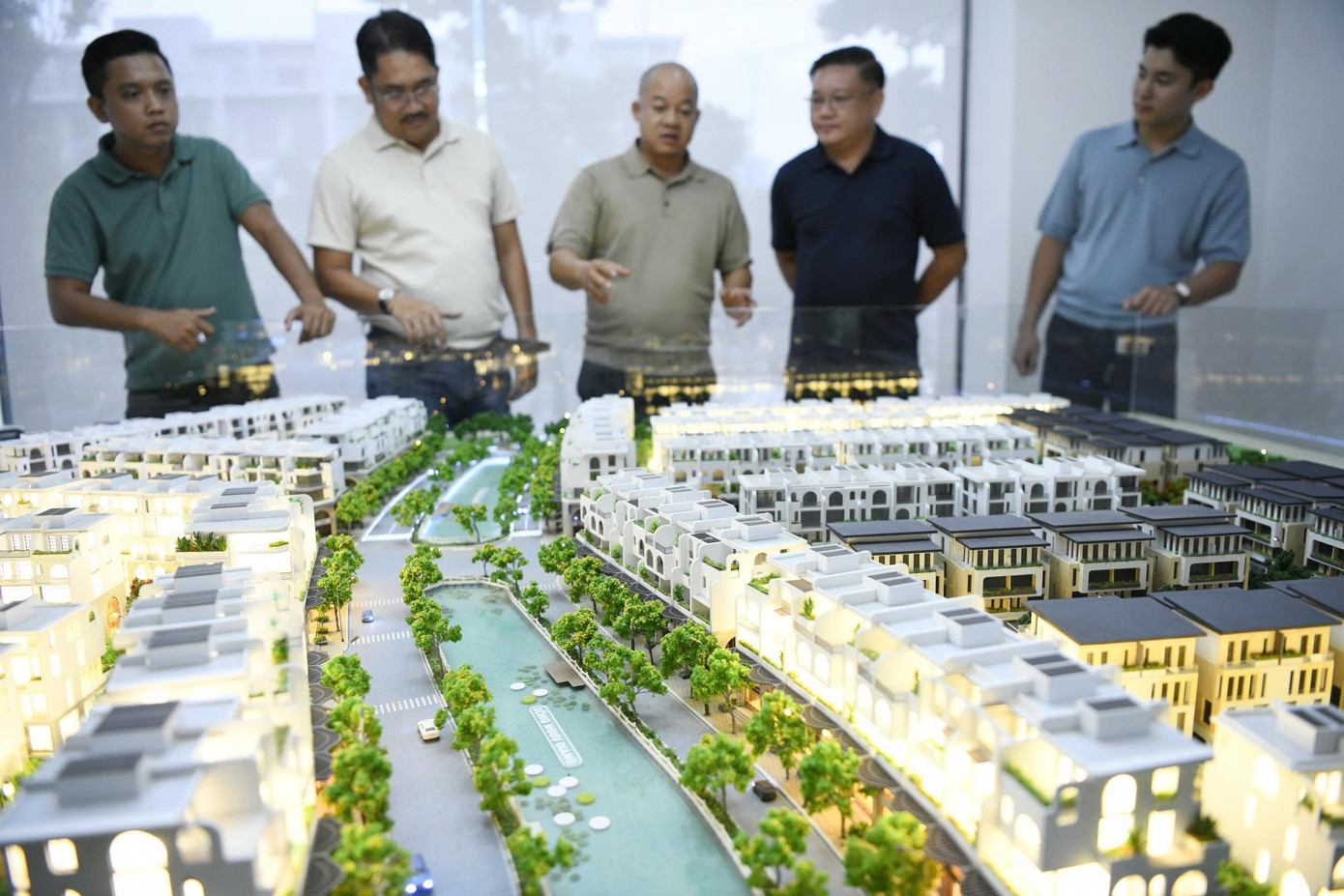
Property prices continue to rise despite numerous meetings aimed at market stabilization.
In other major cities, particularly tourist destinations, townhouse and villa prices generally ranged from 80 to 150 million VND/m², varying by location and infrastructure.
The Ministry of Construction has consistently cited legal, land, planning, credit, and input cost issues as reasons for the price hikes. Despite numerous directives and solutions, prices continue to climb.
Speaking with Tiền Phong, Mr. Nguyễn Anh Quê, a member of the Vietnam Real Estate Association’s Executive Committee, noted that the government faces multiple competing objectives, making it difficult to cool housing prices. On one hand, it must ensure social welfare, stabilize housing prices, and improve homeownership rates. On the other, it must focus on economic growth, support real estate companies in repaying bonds, address bad bank debts, maintain budget revenues, and fund public investments.
Setting too many goals leads to policy perfectionism. In practice, economic growth and financial system stability often take priority, while social welfare and housing goals are deprioritized. Consequently, measures directly addressing housing needs have limited real-world impact.
“Vietnam’s real estate market, with its small capital base, is susceptible to speculation. Prices can spike due to speculative activity and inevitably fall, but not everyone can afford to wait for prices to drop. Meanwhile, short-term investors create herd mentality, fueling widespread price surges,” said Mr. Quê.
What Strong Solutions Are Needed?
Mr. Quê added that the government has not yet fully utilized administrative measures to stabilize the market. He suggested capping developer profits at 40–60%, based on land, construction, operational costs, and interest expenses. A minimum holding period of 2–5 years before resale should be mandated, and purchase limits, such as one apartment per person during a specific period, should be imposed.
“These measures could immediately cool the market and redirect investment into production, business, or less active real estate segments in other provinces,” Mr. Quê stated.
He noted that the apartment market is a small part of the overall real estate market due to limited land availability and its relatively small share of corporate assets. Controlling this segment would not significantly impact overall market operations but would help make housing more affordable for residents.
“The core issue is a lack of determination and suitable solutions. We must reprioritize goals, placing residents’ housing needs front and center. Strong administrative measures should be applied to hot segments, especially apartments in Hanoi, Ho Chi Minh City, Da Nang, and Hai Phong. Legal procedures should be streamlined, land clearance accelerated, and infrastructure completed to increase social housing supply. Only then can the real estate market achieve balance, meeting both economic and social welfare goals—a long-awaited outcome for the public,” Mr. Quê concluded.
Mr. Lê Hoàng Châu, Chairman of the Ho Chi Minh City Real Estate Association (HoREA), emphasized that reducing housing prices requires lowering costs. These costs stem from land use fees, construction expenses, rising material prices (sand, gravel, steel, cement, electricity, fuel), and prolonged administrative procedures.
“Prolonged administrative procedures significantly increase opportunity costs,” Mr. Châu noted, highlighting another critical factor: corporate profit expectations.
Skyrocketing Housing Prices Fuel Marriage Anxiety Among Youth: Calls for Real Estate Sector Audit Intensify
Given the soaring housing prices, many young people are hesitant to marry due to the inability to secure stable housing. Ms. Nguyễn Thanh Hải has proposed that the State Audit Office conduct an audit of the real estate sector.
Why Are Condo Prices Continuously Rising?
Over the past 2–3 years, apartment prices have surged relentlessly, particularly in Hanoi and Ho Chi Minh City, where rates have skyrocketed to a staggering 80 million VND per square meter.






